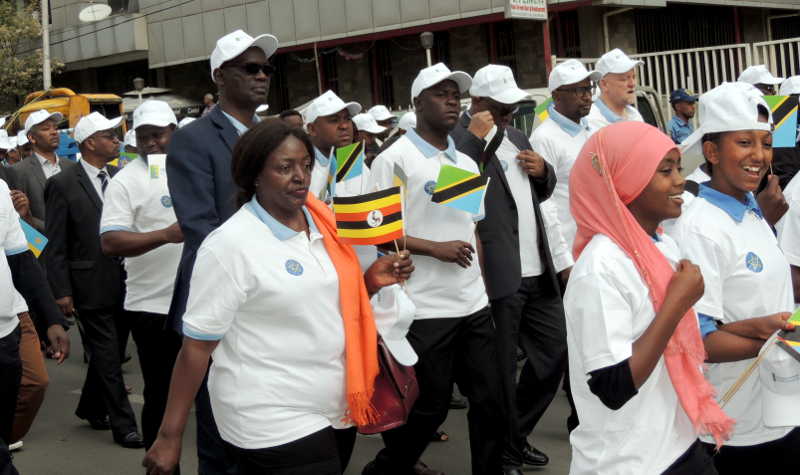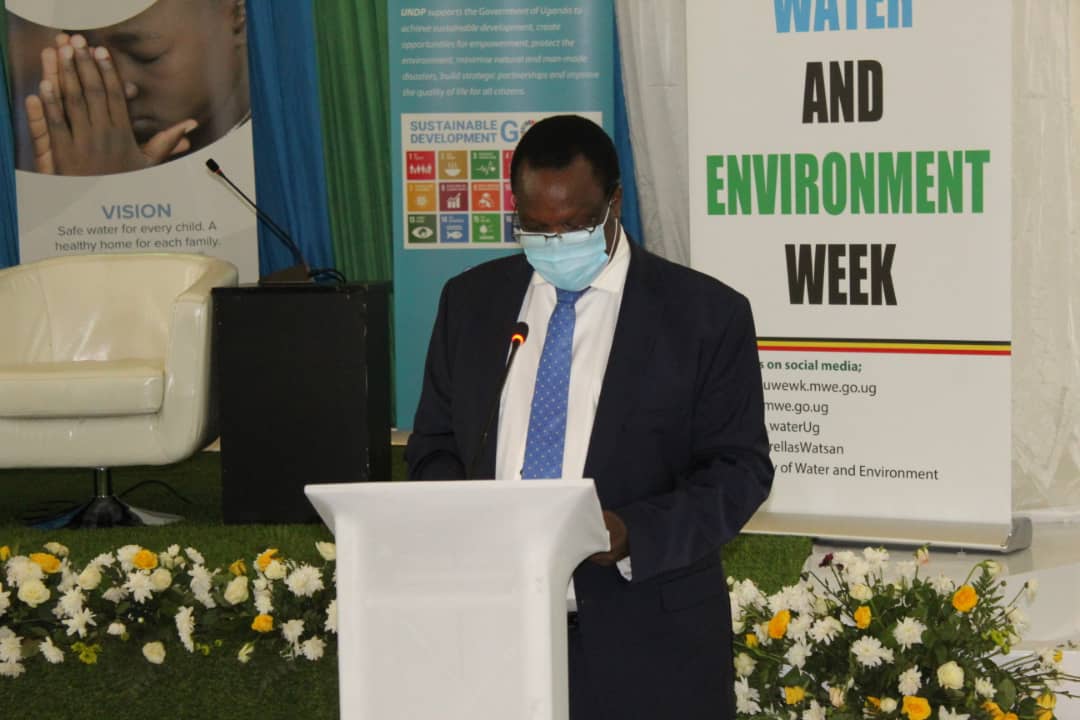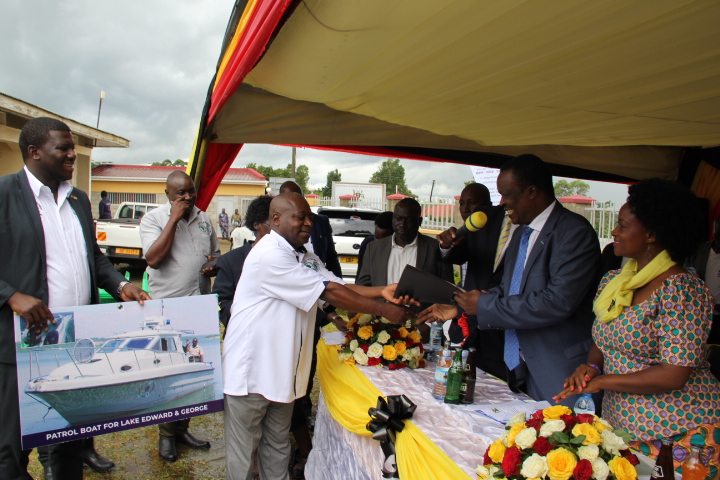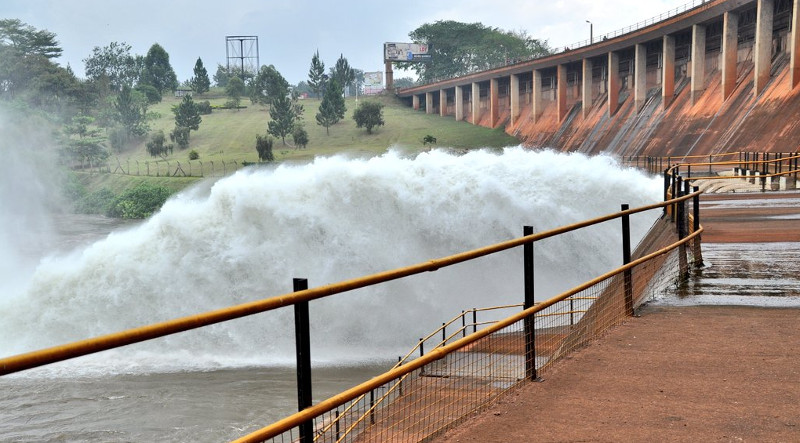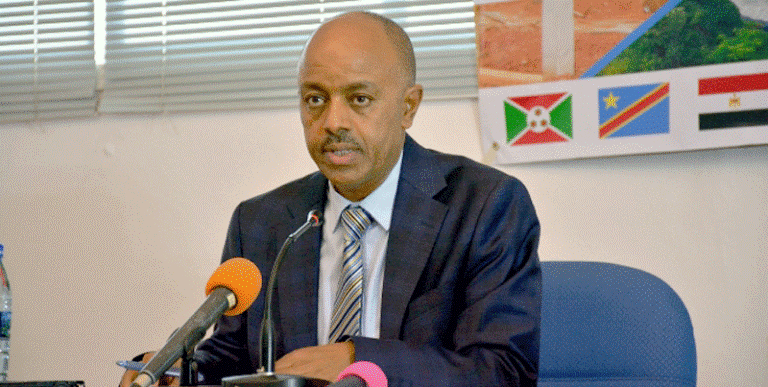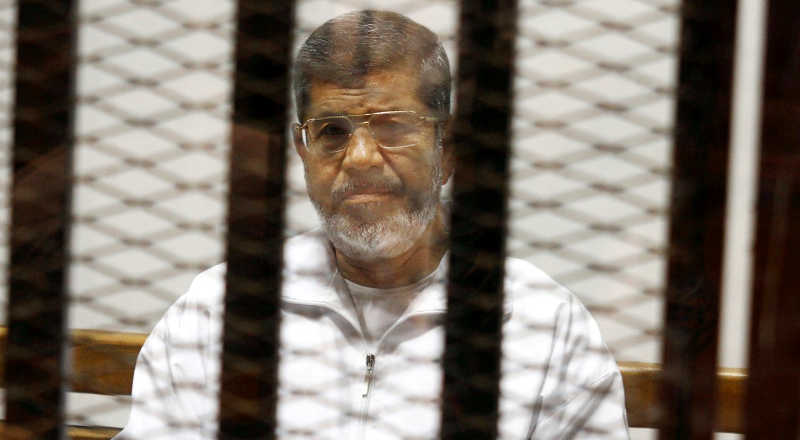The Ethiopian government yesterday lifted its own embargo on holding processions in the Capital Addis Ababa in order to allow the delegates from across the Nile Basin countries to hold a match to commemorate the 19th anniversary of the founding of the Nile Basin Initiative.
The theme of the Nile Day 2018: “The Nile: A shared River, Collective Action,” was perhaps a good way to address the critical issues that have consumed technocrats and politicians at the Nile Basin secretariat but with snail-pace progress. But the last close to two decades, debate has focused on asserting or securing each country’s right to use the water, more than pushing unifying projects that can benefit the estimated 250 million people who draw a living on the Nile.
But experts at this year’s Nile Day celebrations held in Ethiopia’s capital Addis Ababa, emphasised the need to change the narrative and indeed the focus from securing rights over the water to instead focus on developing or find a way to share the benefits of the existing or upcoming economic projects. Advocates of this path argued that people and politicians will get incentives to support greater cooperation if they see real benefits.
“I am convinced that when the economies of all the Nile member states are visibly improved and integrated, I believe the work of implementers (NBI) will become easier,”said Dr. Stephen Donkor, in a keynote address he delivered at the symposium.
Donkor, a Ghanian water expert who worked with the NBI back in the 1990s, was supported by Dr. Allan Nicol from the International Water Resources Institute (IWRI), who said: “Beyond the basin approach is incredibly important. You have to start with some of the most fundamental economic challenges such as unemployment.”
Dr. Nicole further argued that: “Talking about agriculture is fundamental to economic development. Bringing the challenges of the basin right into the structure of the economic policy-making process, find ways of integrating government non-water ministries, private sector, think tanks, would help to bring an understanding of economic development challenges, but also fundamentally linking people in the different countries to tackle the challenges through an economic development platform. The argument is that if you start with basin-wide development planning and connect to national economic planning, then you are joining the critical challenges together that affect decision-making.”
The ongoing construction of the 80MegaWatt Rusumo Hydro-electric dam on the border between Tanzania and Rwanda, was cited as an example of how benefit-sharing can foster cooperation. The Rusumo dam is being developed and supervised by the NELSAP arm of the Nile Basin Initiative will equal access to power to thousands of households and businesses in Rwanda, Burundi and Tanzania.
In fact, the benefit-sharing, common-threats approach appears to have helped to cause a change of heart in Sudan regarding the ongoing construction of the 6400MW Grand Ethiopian Renaissance Dam (GERD). Sudan, which had frozen its participation in the NBI framework, came back after it learned that it stands to tap into the GERD’s electricity. Sudanese farmers, according to Khartoum officials, will benefit from reduced effects of flooding on their farms caused by excessive water that causes the Blue Nile to wash away their crops.
Besides the GERD and a few other projects with trans-boundary benefits, there is fear that progress on the development front is too slow and that countries will soon be overwhelmed by the challenges of poverty, unemployment and hunger among others.
That it why the theme of Cooperation for this year’s Nile Day celebrations, as indeed has been in many previous Nile Basin activities, still merits attention. This comes against the background of unyielding diplomatic and political efforts to try to get agreement between the ten member countries on how the Nile can be used to equitably and sustainably support the growing population of the Nile.
Officiating at the opening of the event that was held at the magnificent United Nations Economic Commission for Africa’s hall, Ethiopia’s President Dr. Mulatu Teshome, stressed the fact that failure to achieve agreement on how to use the water and other resources of the Nile spends danger for the people of the basin.
Citing the already globally high levels of poverty, high population growth rates and dreadful impacts of climate change in the region, Dr. Teshome expressed concern that the delays in agreeing to cultivate more meaningful cooperation is deterring progress and delaying development.
“While the Nile is the longest river in the world, it is also one of the most water scarce. With more than 500 million people depending on it, the countries must learn to manage the resource together,” said President Teshome.

